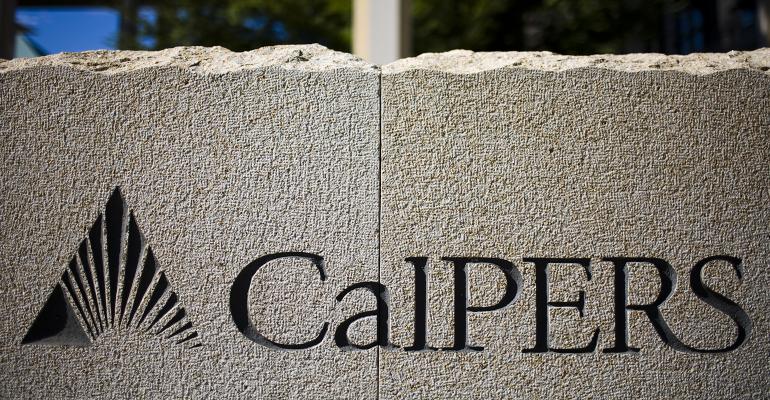By Andrew Chung
WASHINGTON, June 26 (Reuters) - Nearly 30 banks that underwrote billions in debt offerings by Lehman Brothers before Lehman collapsed in 2008 will not have to defend a securities fraud lawsuit by a big California pension fund, the U.S. Supreme Court ruled on Monday.
The justices ruled 5-4 that the California Public Employees' Retirement System waited too long to sue the banks, upholding a federal appeals court decision throwing out the lawsuit.
The dispute involves claims by the fund, known as CalPERS, against units of Australia and New Zealand Banking Group , Bank of New York Mellon Corp, Royal Bank of Canada, France's BNP Paribas SA and Spanish lender BBVA, among others.
Lehman Brothers investment bank's collapse in 2008 helped trigger a global financial crisis.
CalPERS, an investor in the banks' securities, was a member of a class action suit filed in 2008 claiming the underwriters violated the Securities Act by misrepresenting and omitting facts about Lehman's accounting and risk management practices.
In February 2011, CalPERS decided to file a separate lawsuit. When the class action later settled, CalPERS opted out and continued with its own claims.
Last year, the 2nd U.S. Circuit Court of Appeals in New York threw out CalPERS' case, saying that a federal law called the Securities Act barred claims more than three years after a security is first offered to the public.
Though the Supreme Court has said class actions extend certain deadlines by which individuals who drop out may file lawsuits on their own, the appeals court said this was not one of them.
CalPERS appealed to the Supreme Court, saying that if class actions do not extend such deadlines, courts would be bombarded with thousands of costly lawsuits by investors protecting their right to sue on their own later. The underwriters countered in a legal brief that there is no evidence that this "parade of horribles has actually come to pass." (Reporting by Andrew Chung; Editing by Will Dunham and Grant McCool)


